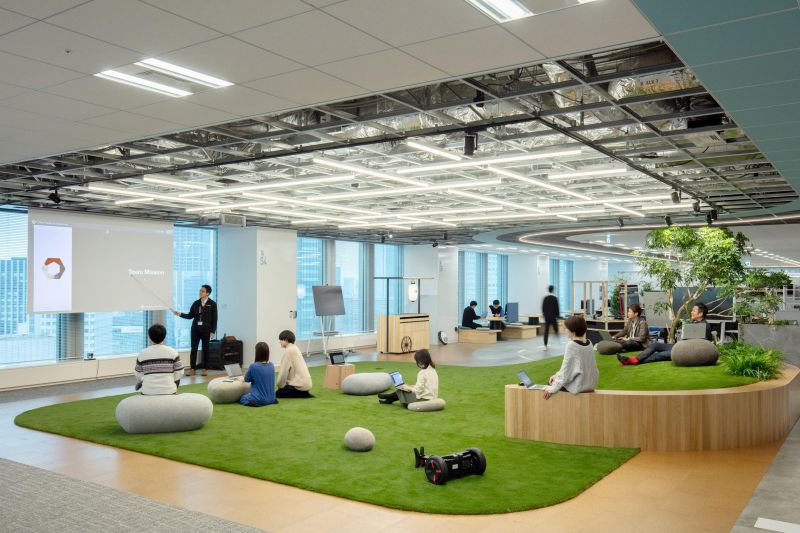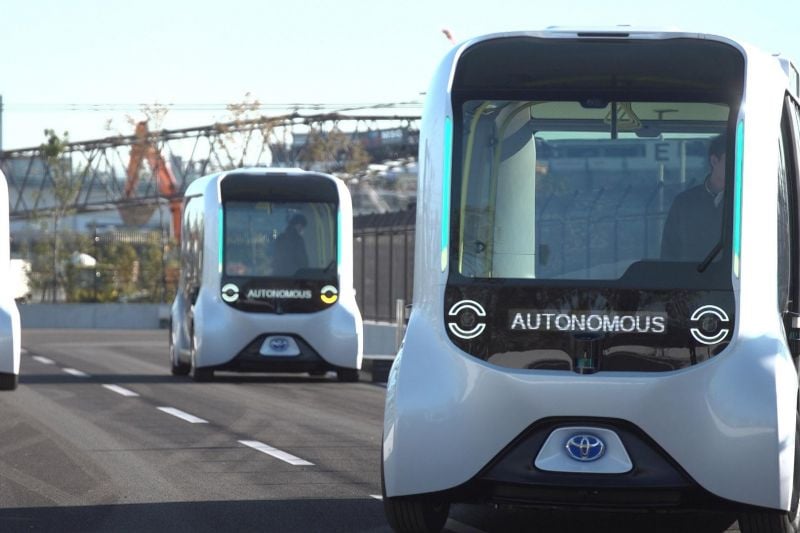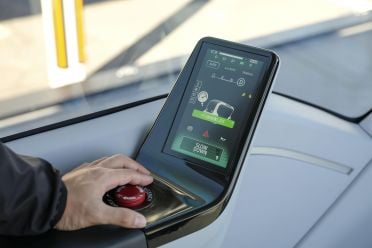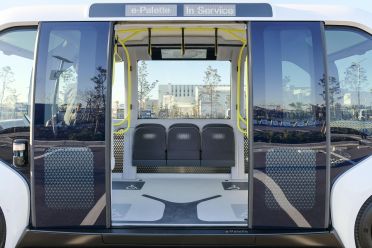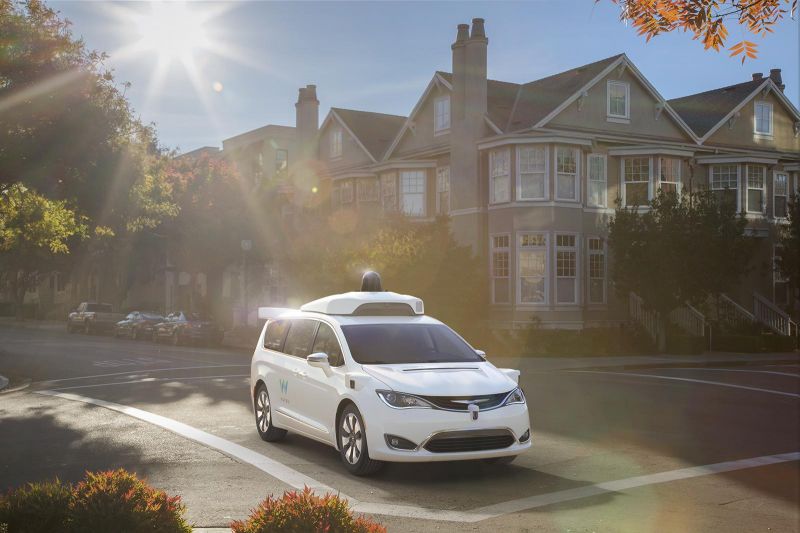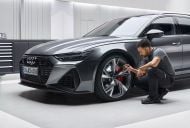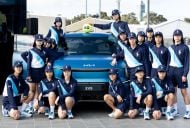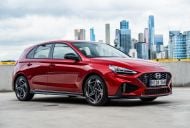Four months after Uber quit trying to develop its own self-driving technology, Lyft, its main US rival, is doing the same.
Toyota’s Woven Planet division will purchase Lyft’s Level 5 self-driving unit for US$550 million ($707 million).
This will see the Japanese automaker add 1200 people – primarily engineers and scientists – to its payroll.
With the addition of two offices in Silicon Valley and London, it will also expand Woven Planet’s footprint beyond its base at the foot of Mt Fuji.
Toyota also gains Level 5’s “sensing, computing, and software assets, and strategic capabilities in automated driving systems”.
James Kuffner, Woven Planet’s CEO, said today’s acquisition “advances our mission to develop the safest mobility in the world at scale” at an “even greater speed and impact”.
In 2019 Kuffner told the world’s media that “nobody is even close” to producing a self-driving car that can drive as well as any human “under any weather condition, any traffic, with a map, anywhere in the world”.
Although Toyota is working on fully autonomous driving technology, it’s concentrating – at least publicly – on semi-controlled environments and narrower use cases.
Along those lines, the company is planning to have a fleet of autonomous buses transporting athletes and staff around the villages at the delayed Olympic Games being held this year in Tokyo.
These small shuttles can carry up to 20 people or 4 wheelchairs, and can operate at speeds up to 20km/h.
The e-Palette will include a seat for a human overseer, or “on-board safety operator”, who has access to a control pad featuring an emergency stop button. They can also monitor how the vehicle is functioning, as well as operate the doors, ramps, parking brake, indicators and climate control system.
Today’s news means the two main ride-hailing firms in the US – Uber and Lyft – have now decided to stop developing autonomous driving technology in house.
In 2019 Uber and Lyft became public companies. Despite their dominance in the US, the firms have continued to lose billions of dollars annually.
Both companies have long-stated ambitions of replacing their current fleet of human drivers and their cars with self-driving vehicles in order to boost safety and efficiency, as well as potentially profits.
Although that’s still their stated aim, Lyft and Uber will now try to do so with technology and vehicles developed by external companies.
While the ride-sharing giants have pulled back for now, there are still plenty of startups and automaker-funded entities working on autonomous robotaxis.
Indeed Lyft’s app allows users to book rides on self-driving vehicles operated by other firms, including Google’s Waymo in Phoenix, and Motional which is owned by Aptiv and Hyundai.

